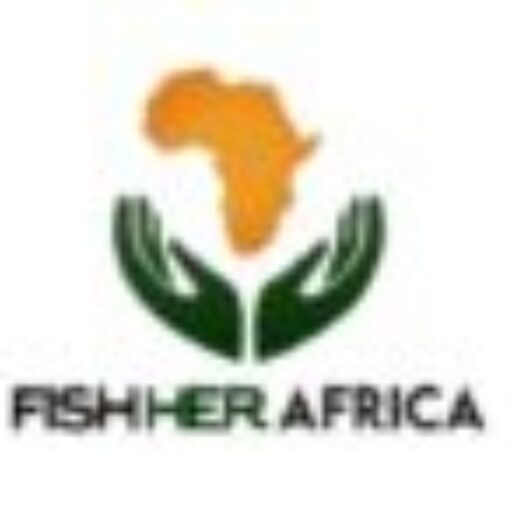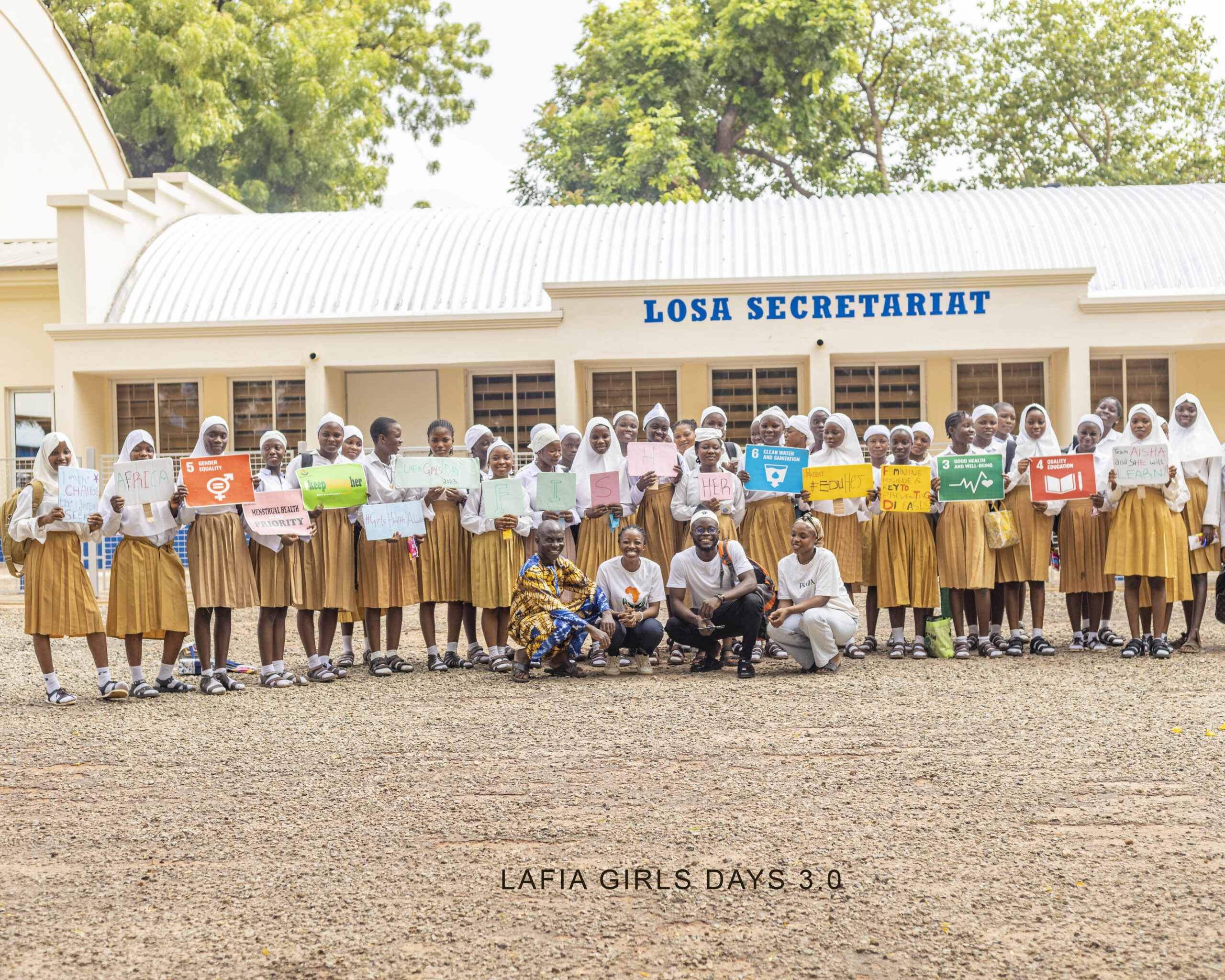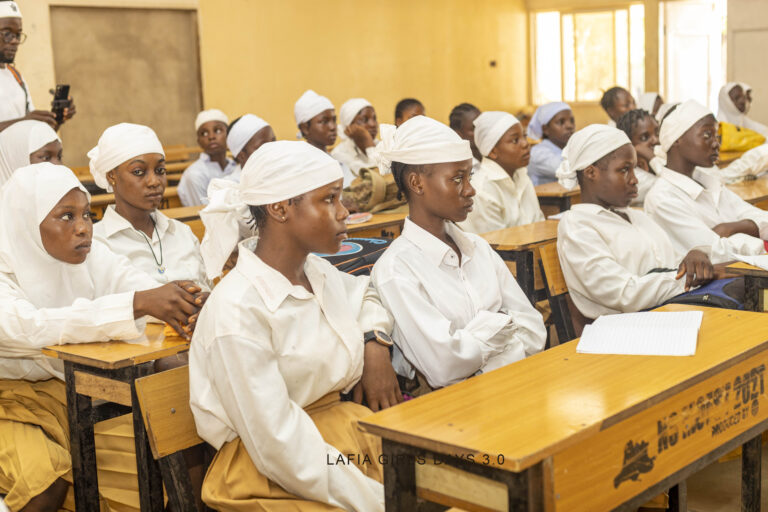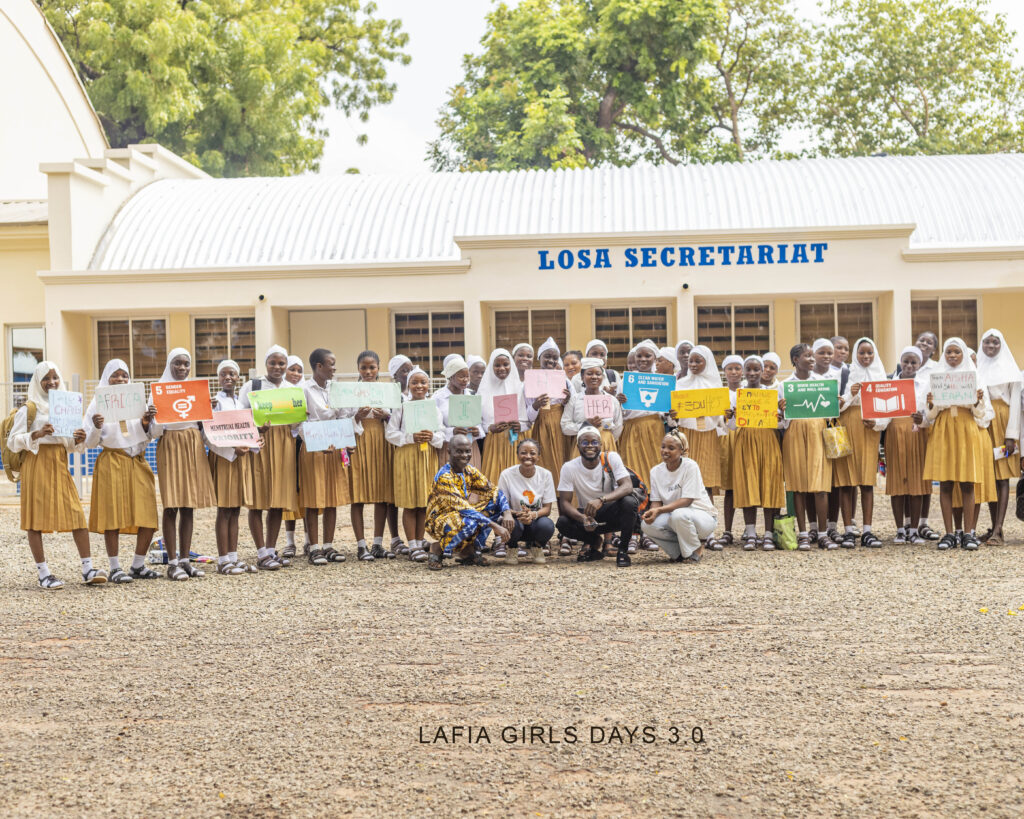
Introduction
For many girls in Nigeria, this is their reality. Period poverty—the lack of access to menstrual products, safe toilets, hygiene education, and emotional support—keeps millions of adolescent girls at home instead of in the classroom. It’s not just a hygiene issue; it’s a gender equality, education, and public health crisis.
What Is Period Poverty?
Period poverty refers to the inability to afford or access menstrual hygiene products, coupled with the absence of menstrual health education and adequate WASH (Water, Sanitation, and Hygiene) facilities. In Nigeria, this challenge is often compounded by stigma, cultural taboos, and gender inequality, particularly in rural and low-income communities.
According to UNICEF, 1 in 10 African girls miss school during their menstrual cycle, and many eventually drop out entirely due to shame, discomfort, or poor sanitation conditions.
How Period Poverty Affects Girls’ Education
The link between menstrual health and school attendance is undeniable. Here’s how period poverty contributes to the gender education gap in Nigeria:
1. School Absenteeism
Girls without access to pads, toilets, or private changing spaces often miss 3–5 days of school monthly—leading to up to 60 missed days a year.
2. Low Self-Esteem and Shame
Without proper education, girls feel embarrassed and isolated during their periods. This leads to withdrawal from class activities or dropping out altogether.
3. Health Risks
Using unsafe materials like rags, newspapers, or tissue paper increases the risk of infections, which can lead to long-term reproductive health problems.
4. Early Dropout Rates
Girls who consistently miss school are more likely to fall behind, repeat grades, and eventually abandon their education reinforcing cycles of poverty and disempowerment.
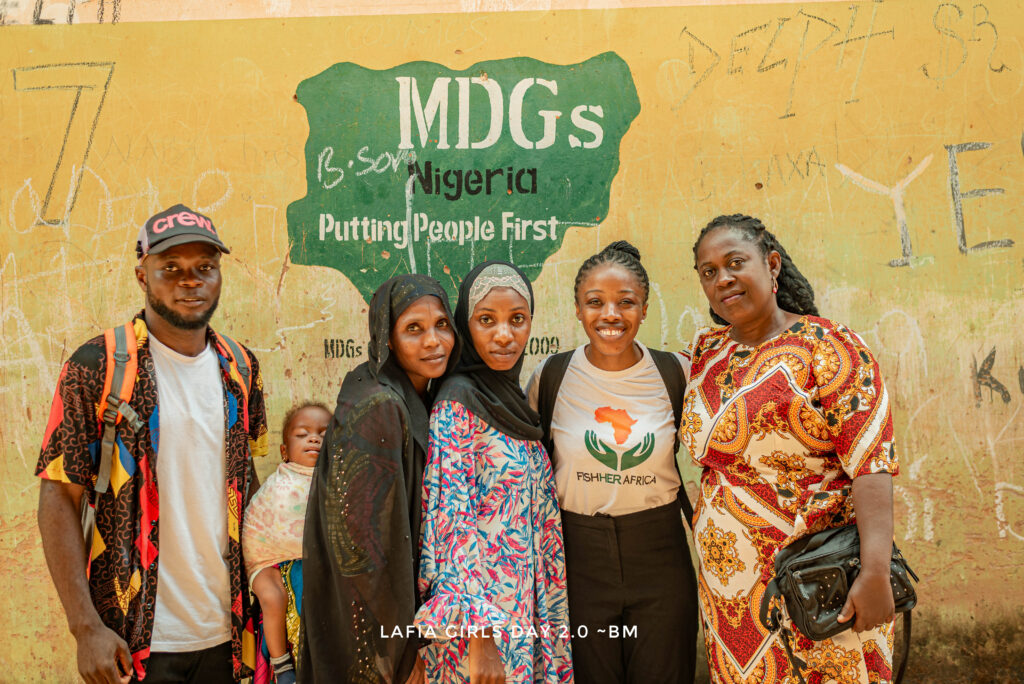
What’s Being Done: The Work of FishHer Africa
At FishHer Africa, we believe no girl should miss school because of her period. Our mission is to ensure every girl has the right to education, dignity, and menstrual equity.
Here’s how we’re tackling period poverty in Nigeria:
- 💼 Dutse Pad Drive: In communities like Dutse, we’ve distributed reusable and disposable sanitary pads, reaching over 1,000 girls through school and community campaigns.
- 🧼 WASH Advocacy: We integrate menstrual hygiene management (MHM) into our broader WASH programs—advocating for clean water, safe toilets, and hygiene education in schools.
- 📚 Menstrual Health Education: We train teachers and students to talk openly about menstruation, breaking the silence and shame around periods.
- 🧕🏽 Gender-Inclusive Policy Engagement: FishHer Africa supports policies that prioritize menstrual hygiene in public health and education systems.
🙌🏽 What You Can Do
This is not just a “girls’ issue”—it’s a societal issue. And you can be part of the solution:
- ✨ Donate to support our next pad drive in underserved communities
- 💬 Talk about period poverty on your platforms to break the stigma
- 📦 Start a pad drive in your school, church, mosque, or neighborhood
- 📲 Follow and share our work on [Instagram] and [Facebook] to spread awareness
Conclusion
Period poverty is robbing Nigerian girls of their future—one month at a time. But it doesn’t have to be this way. With collective action, open conversations, and consistent support, we can ensure that no girl is left behind simply because of her period.
💛 You can be a part of this movement. Donate, share, or start a pad drive in your community.
Together, we can make periods powerful—not painful.
